Guest Blogger and long-time Council friend, Bob W. presents Part 30 of a series dealing with Alcoholism and Addiction from a Mystical, Mythological Perspective, reflecting Bob’s scholarly work as a Ph.D. in mythological studies.
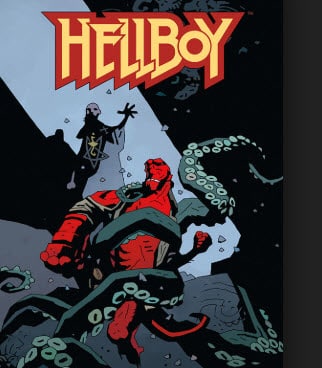 Much of the modern comic and graphic novel genre focuses on the paranormal activities of figures of unusual maybe even absurd abilities. One such figure is Hellboy, a creature spawned in Hell and accidentally released into the real world through a series of experiments by certain fictitious Nazi scientists. Hellboy’s ascension into the World and the places he found himself were also facilitated by the work of a British scientist and the US Air Force, who take him to a secret facility in New Mexico, where he is raised and, despite his origin in Hell, becomes a very powerful force for good.
Much of the modern comic and graphic novel genre focuses on the paranormal activities of figures of unusual maybe even absurd abilities. One such figure is Hellboy, a creature spawned in Hell and accidentally released into the real world through a series of experiments by certain fictitious Nazi scientists. Hellboy’s ascension into the World and the places he found himself were also facilitated by the work of a British scientist and the US Air Force, who take him to a secret facility in New Mexico, where he is raised and, despite his origin in Hell, becomes a very powerful force for good.
Hellboy’s escapades, as told in many, many stories, have him conquering all sorts of evil forces with a power and vengeance that is captivating, despite his name and original history. The creator of Hellboy, Mike Mignola, found much of the inspiration for stories and characters in the mythologies of various ancient cultures. Hecate, for instance, who was a Greek goddess of crossroads, magic, and demons, is this fierce and nearly invincible demon who engages Hellboy in fearsome struggles, only to have Hellboy ultimately prevail. In another episode, Hellboy must venture down into Hell and confront various supernatural powers that attended his original procreation. Much of these stories are parallels to our individual lives in our diseases of alcoholism and addiction as are the struggles we had to confront, some quite long and drawn out, to gain a life in Sobriety.
All of us in our disease could easily have been described as hellboys, people who in near alcoholic stupors were just incarnations of devil-like beings. I can’t remember how many times, after a particularly long and planned-to-be-festive holiday, it was said to me, “Here’s another holiday you have ruined for us.”
It is good to know that this “Hellboy” is also turning the corner into a dominant force for good.

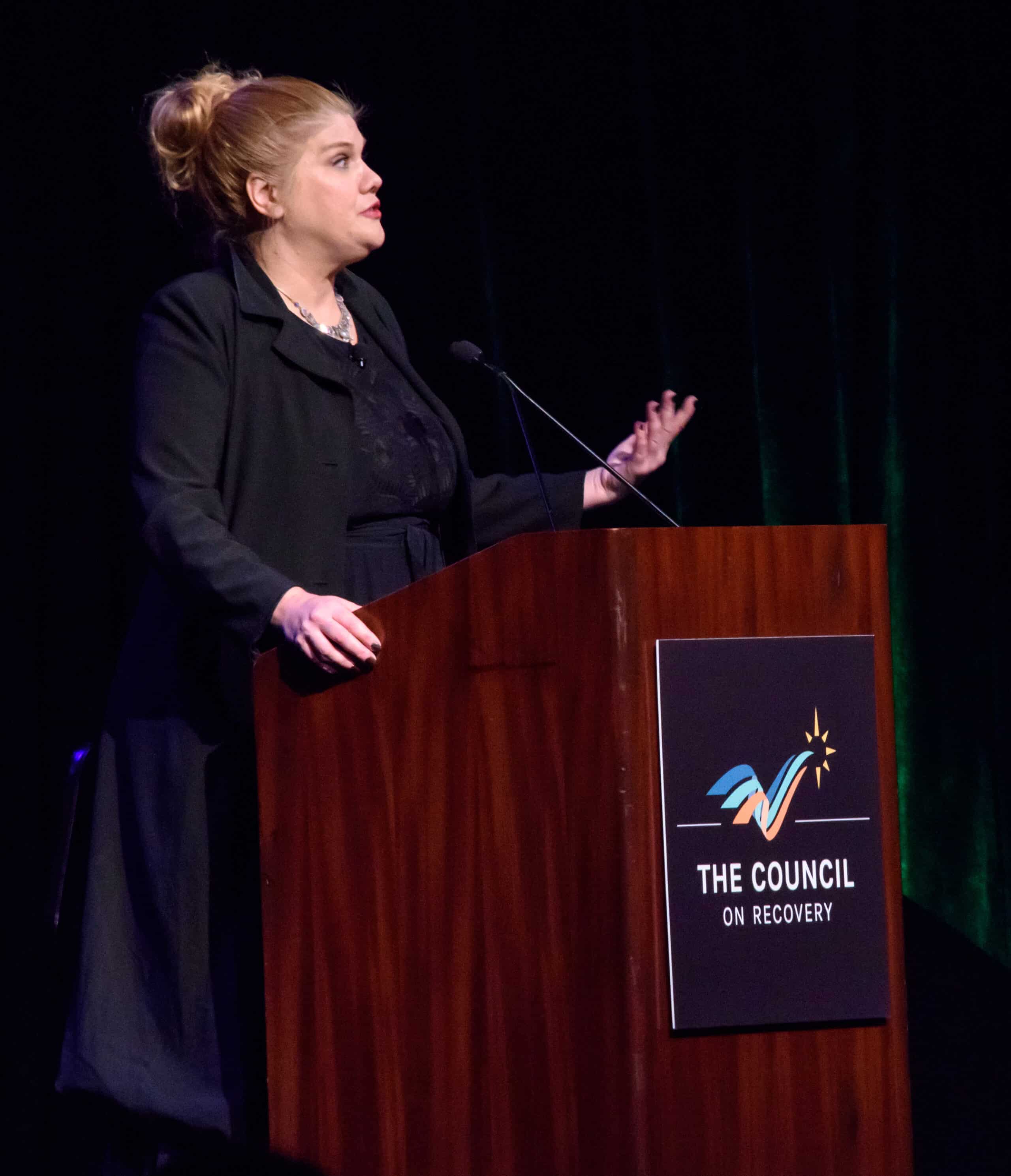 Two-time Emmy Award-winning actress and best-selling author Kristen Johnston inspired a crowd of 900 with her personal story of addiction and recovery this past Thursday at the Hilton Americas-Houston. In the process, she helped The Council on Recovery raise more than $440,000 to provide prevention, education, and treatment services in the Greater Houston area.
Two-time Emmy Award-winning actress and best-selling author Kristen Johnston inspired a crowd of 900 with her personal story of addiction and recovery this past Thursday at the Hilton Americas-Houston. In the process, she helped The Council on Recovery raise more than $440,000 to provide prevention, education, and treatment services in the Greater Houston area.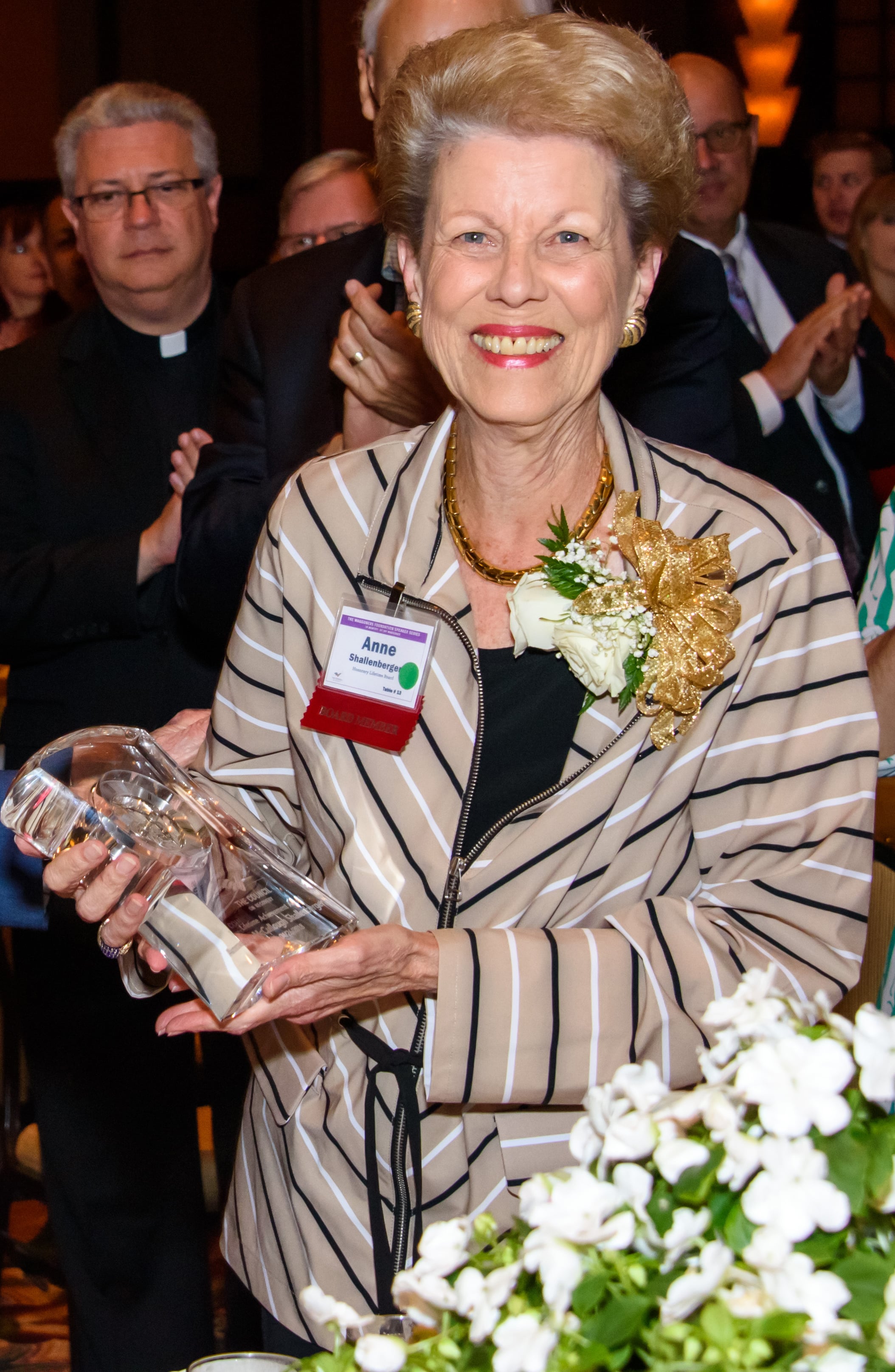
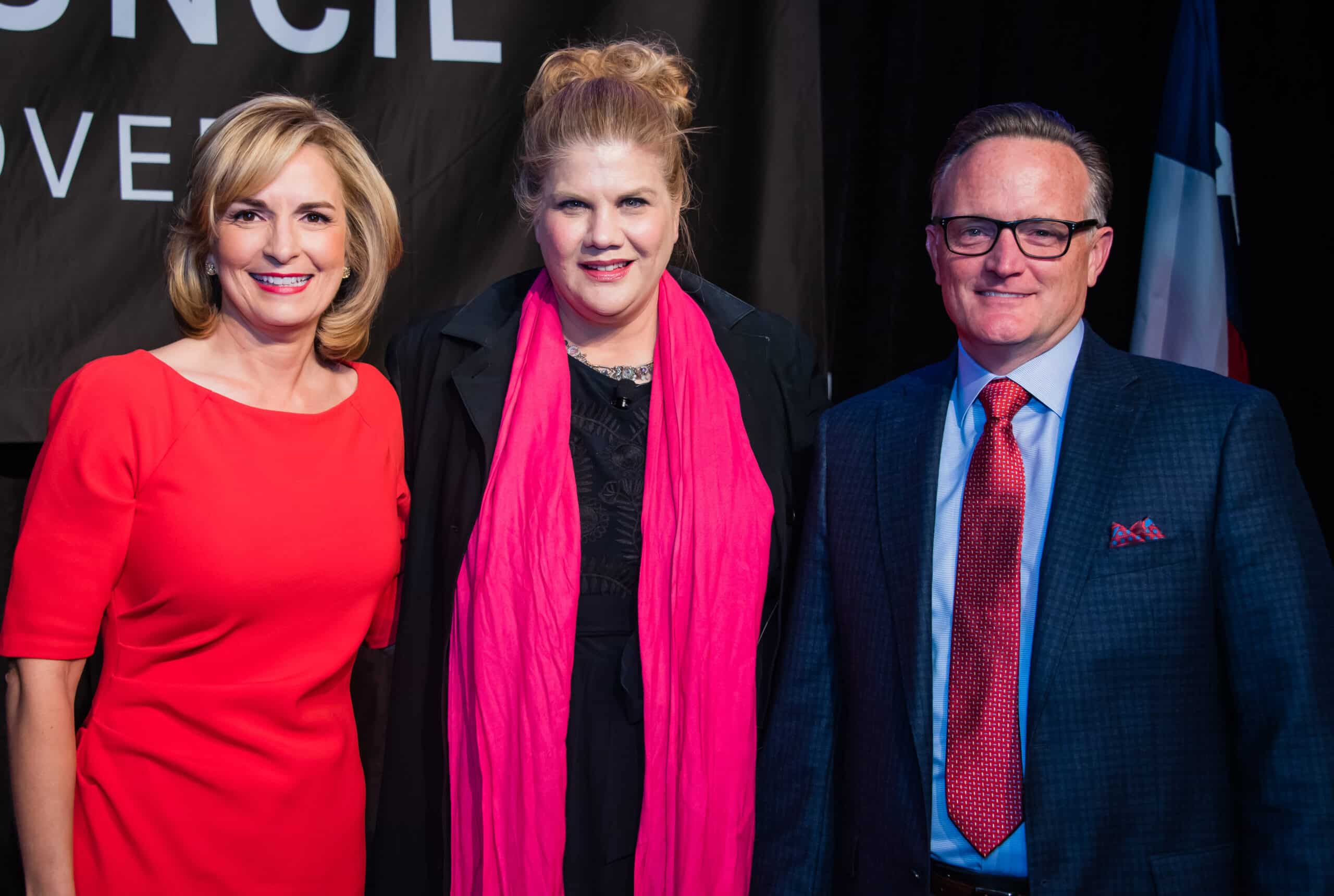

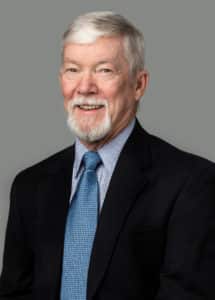
 Guest Blogger and long-time Council friend, Bob W. presents Part 27 of a series dealing with Alcoholism and Addiction from a Mystical, Mythological Perspective, reflecting Bob’s scholarly work as a Ph.D. in mythological studies.
Guest Blogger and long-time Council friend, Bob W. presents Part 27 of a series dealing with Alcoholism and Addiction from a Mystical, Mythological Perspective, reflecting Bob’s scholarly work as a Ph.D. in mythological studies.